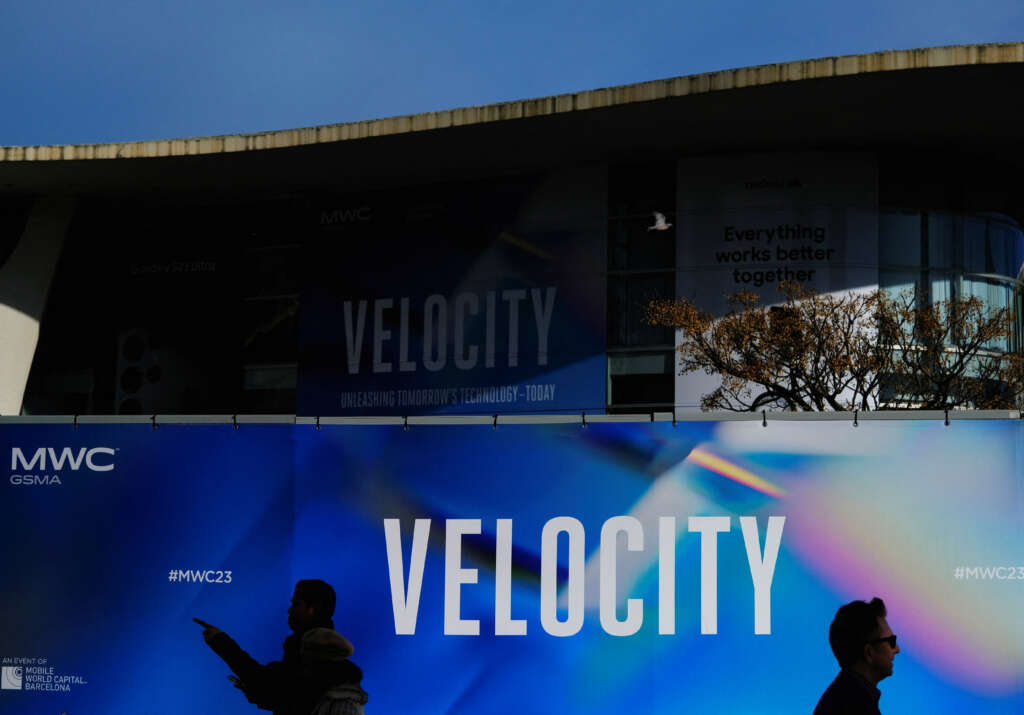By Supantha Mukherjee, Martin Coulter and Joan Faus
BARCELONA (Reuters) -A clash between Big Tech and European Union telecoms firms over who will underwrite network infrastructure is set to dominate discussion at the world’s largest telecoms conference this week.
More than 80,000 people, including tech executives, innovators, and regulators, are set to descend on this year’s Mobile World Congress (MWC) in Barcelona.
EU industry chief Thierry Breton on Thursday launched a 12-week consultation on its “fair share” proposals, under which Big Tech platforms would bear more of the costs of the systems which give them access to consumers.
Representatives from companies including Alphabet, Meta and Netflix are expected to use the conference as a platform to push back against the EU proposals.
Content providers like Netflix, which has arranged for its CEO Greg Peters to meet with Breton at the conference, argue their firms already invest heavily in infrastructure.
They say that paying out additional fees will detract from investment in products that benefit consumers.
By contrast, Deutsche Telekom, Orange, Telefonica and Telecom Italia have been actively lobbying for Big Tech to pay the fees.
GSMA, an association representing more than 750 mobile operators and the organising body behind MWC, has been at the forefront of the debate.
“This discussion around ‘fair share’, or what we sometimes call the ‘investment gap’, is going to be a threshold question,” said John Giusti, GSMA’s chief regulatory officer.
Critics of the fair share or “SPNP” (Sending Party Network Pays) model have warned the so-called “traffic tax” could lead content-driven platforms to route their services via ISPs (internet service providers) outside of the EU.
Orange told Reuters the telecoms industry was not asking for special privileges in its demands. A spokesperson said the EU’s consultation was a “positive first sign” of a debate starting.
“We argue for a framework that will facilitate a fair and equitable commercial relationship that recognizes a direct contribution by tech giants to network costs,” they said.
Regulations will, however, be difficult to implement and enforce, said Shahid Ahmed, executive vice president at NTT and an adviser to the U.S. Federal Communications Commission.
“We saw something very similar – the whole net neutrality debate – attempted in the U.S.,” he said.
The MWC, which begins on Monday, will also see new product launches from companies including Huawei, Xiaomi, HMD Global, Honor, and RealMe.
Other hot topics include the 5G adoption rate, which has disappointed some executives, and the potential uses of generative AI systems like OpenAI’s ChatGPT.
“Everything on the floor of MWC is about looking to the future,” Guisti said.
(Reporting by Supantha Mukherjee, Martin Coulter, and Joan Faus; Editing by Matt Scuffham and Alexander Smith)


